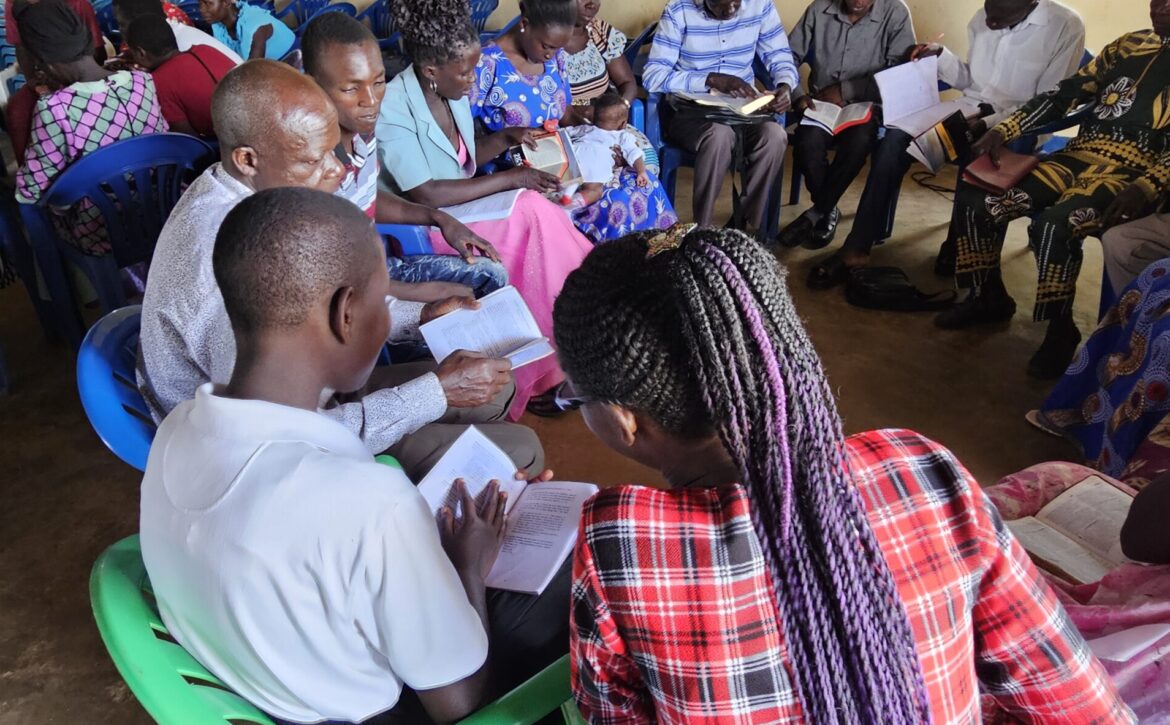Critical Qualifications for Church Leaders

Our goal at 21C is to bring Biblical training to every church leaders in the world.
The Bible does not outline a specific process by which we are to identify those leaders in our churches. It seems that the appointment of these leaders was consistent with a general consensus regarding their qualification.
That is, whatever else may have been involved in the selection process, these leaders were commonly known to posses certain personal characteristics that were readily apparent in their lives. We can summarize these into five broad categories.
Character
In a time when personal charisma and leadership skills are the measure of a potential leader, it’s significant to note that when the Bible sets out criteria for an elder, only character is mentioned. These character traits are outlined clearly in Paul’s letters to Titus and Timothy, and can be broadly summarized into four categories: family life, personal life, public life, and biblical life.
Family Life
Whatever other nuances may be given to the phrase “husband of one wife,” it is clear that an elder must be a faithful spouse. Similarly, the children (specifically, those still young enough to be living at home under the care of their parents), must be what we would consider “good kids.” In other words, an elder must have a sound, healthy marriage and family.
Personal Life
A variety of terms are used to describe the personal life of an elder, including “blameless,” “disciplined,” “upright,” and “gentle.” Interestingly, many of the descriptions list things the elder is NOT to be. An elder is not to be “quarrelsome,” “violent,” “a lover of money,” “overbearing,” “a recent convert,” or “violent.” In short, an elder must be a person who has personal maturity, self-control, and is able to look beyond self.
Public Life
An elder must have a good reputation with the community in general, and must be “hospitable.” The word “hospitable” is generally applied to our approach toward people we don’t know. An elder is someone who is welcoming and caring not just for friends and family, but for the entire community.
Biblical Life
Paul tells Titus that an elder must be able to “encourage others by sound doctrine” and “refute those who oppose it.” An elder must have a solid, living, practical understanding of Scripture. That kind of biblical life suggests regular time spent studying and reflecting on that Scripture, along with lots of experience in applying it to life.

We need healthy church leaders.
As churches, we need strong, healthy leaders in order to positively impact the world around us for the cause of Christ. Developing those healthy leaders requires incredible intentionality, patience, and, most importantly, the work of the Holy Spirit.
That’s why we’re reimagining how pastoral training works in the majority world by developing a model of exponential growth. We train pastors how to read, understand, and teach scripture. With that Biblical training, they can begin to grow in their Character, Family Life, Personal Life, Public Life, and Biblical life. Then, we equip them to teach what they have learned to others, so that entire regions can be shaped into the image of Christ.










